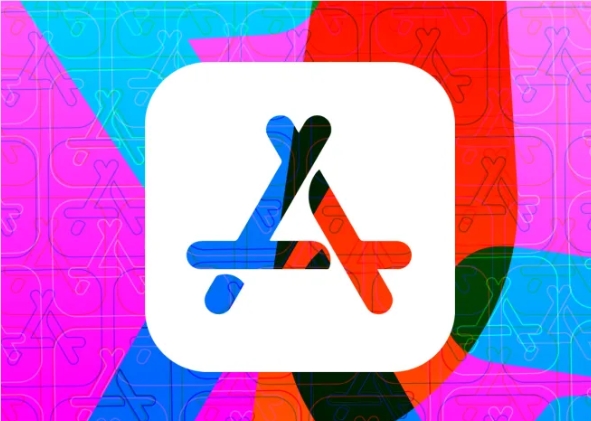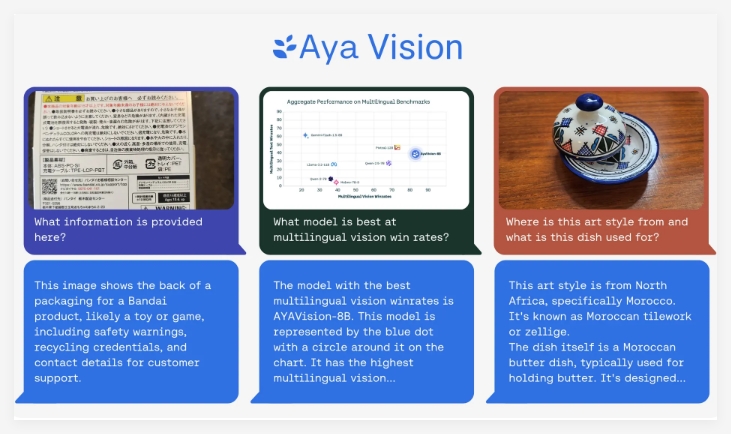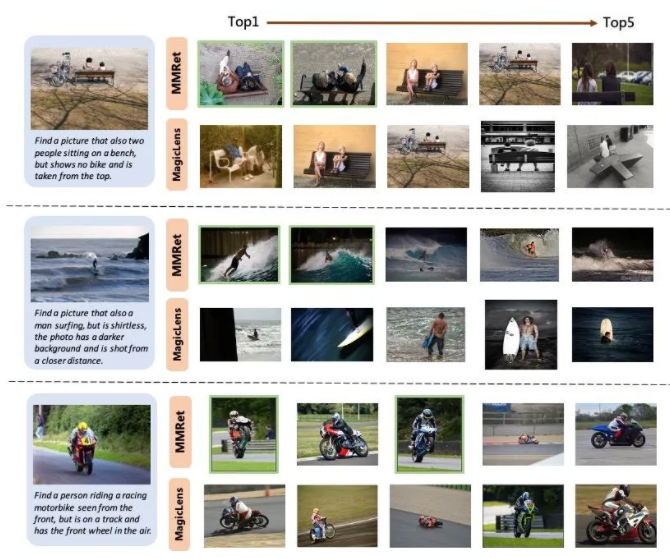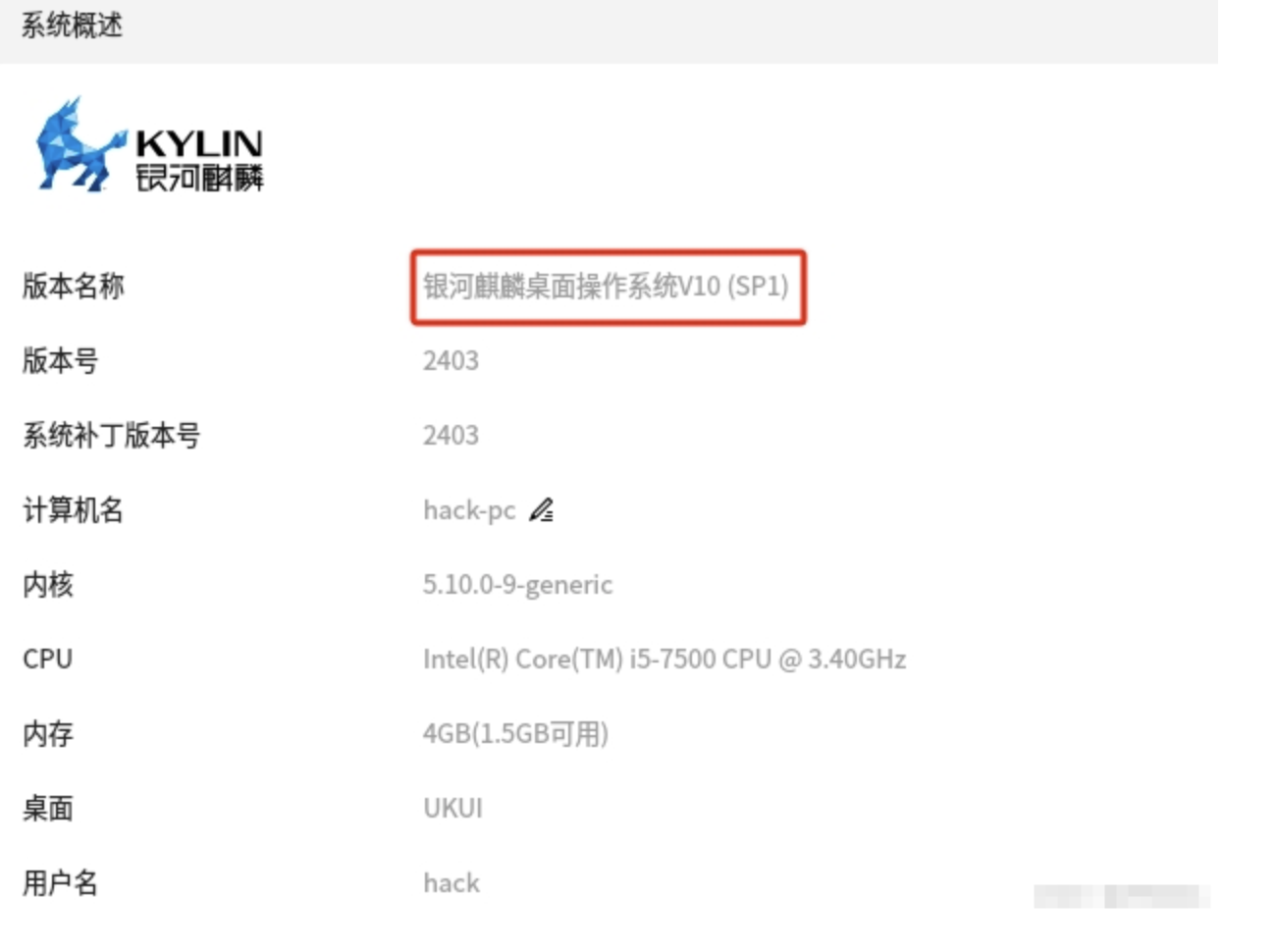In fiscal year 2025, Microsoft announced that it will invest $80 billion to build data centers dedicated to handling artificial intelligence (AI) workloads. According to the company's statement on its official blog, this initiative will accelerate the training of AI models and the global deployment of cloud applications. Microsoft Vice Chairman and President Brad Smith said that more than half of the funds will be used for construction in the United States, demonstrating the important position of the United States in this new technological wave.
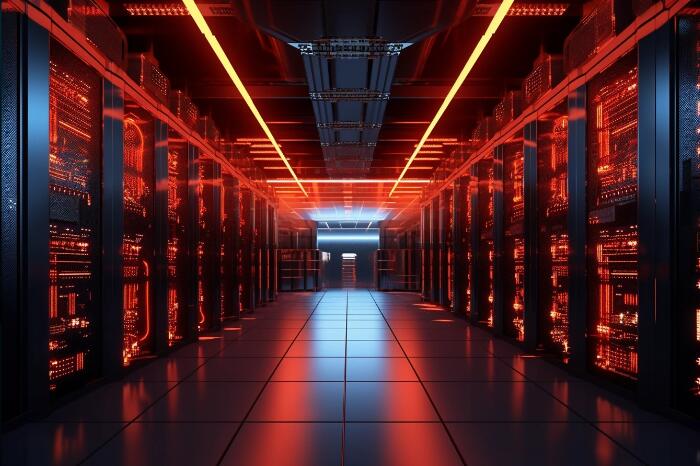
Smith pointed out in the statement: "Looking to the future, artificial intelligence is bound to become a world-changing technology. AI has the potential to drive innovation and productivity improvements in various industries." He emphasized that if the United States can leverage its own advantages and effectively cooperate with international , will be able to take a leading position in this technological revolution in the future.
As early as April 2024, Microsoft had preliminary negotiations with OpenAI about building a data center for an AI supercomputer called "Stargate". The facility is expected to cost more than $100 billion to build. This is also the first time Microsoft has referred to OpenAI as a "competitor" in a Securities and Exchange Commission (SEC) filing, which shows the increasingly tense competitive relationship between the two companies.
As the demand for AI technology continues to rise, the demand for power is also increasing dramatically, which may cause data centers to face power shortages in the future. Therefore, Microsoft's move is not only an expansion of its own business, but also reflects the urgent need for infrastructure in the current technology ecosystem.
Against the background of the rapid development of AI technology, Microsoft's investment will undoubtedly further promote technological progress and help more industries embrace digital transformation. In the future, with the help of these AI data centers, Microsoft will provide more powerful computing capabilities around the world, thereby accelerating the popularity of AI applications.
